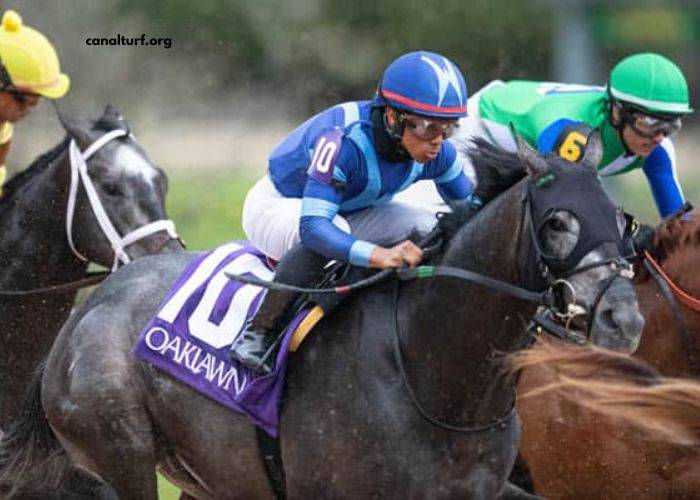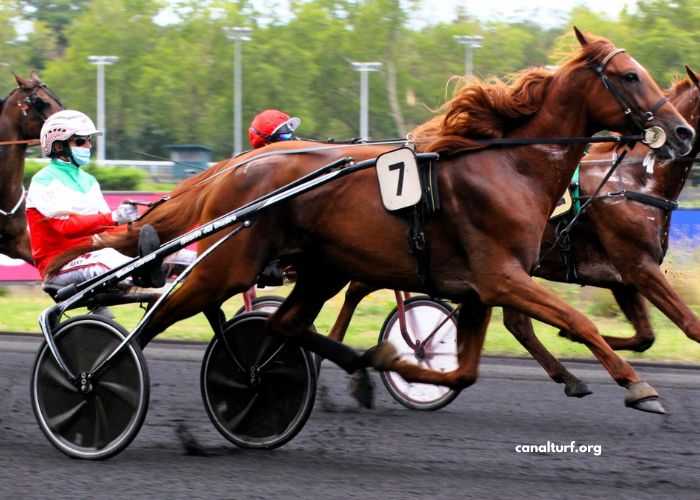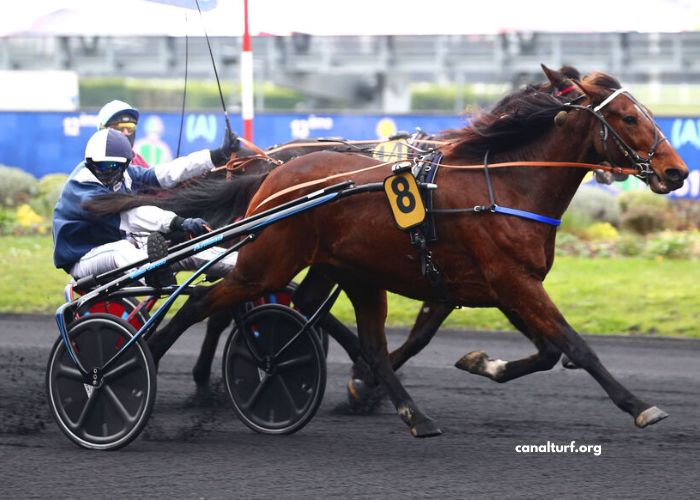Horses, with their grace and strength, have long captivated the hearts of humans. Whether you’re an experienced equestrian or a newcomer to the world of equines, understanding proper horse care and effective training techniques is crucial for the well-being and performance of these majestic animals. Discover the finest quality turf products at AbdellatifTurf. From lush green grass to durable turf solutions, find everything you need for your landscaping projects.
Understanding Basic Horse Care
Caring for a horse involves more than just feeding and grooming; it requires a holistic approach to ensure their physical health and mental well-being.
1. Nutrition: Providing a balanced diet tailored to a horse’s age, activity level, and health condition is essential. A horse’s diet typically consists of hay or pasture grass supplemented with grains, minerals, and vitamins as needed. Regular access to fresh water is also critical.
2. Grooming: Regular grooming not only keeps a horse looking tidy but also promotes circulation, prevents skin conditions, and strengthens the bond between horse and handler. Brushing, picking hooves, and inspecting for injuries should be part of a daily routine.
3. Shelter and Environment: Horses require adequate shelter from the elements, whether it’s a stable, run-in shed, or well-ventilated barn. Access to a clean and safe environment helps prevent injuries and respiratory issues.
4. Veterinary Care: Regular check-ups with a veterinarian are essential to monitor a horse’s health, administer vaccinations, and address any medical concerns promptly. Dental care, deworming, and hoof care are also crucial aspects of routine health maintenance.
Effective Training Techniques
Training a horse involves building a partnership based on trust, respect, and clear communication. Whether you’re preparing a horse for competition or simply enhancing their obedience and responsiveness, these tips can help streamline the training process:
1. Establishing Groundwork: Before riding, establish a foundation of trust and respect through groundwork exercises such as lunging, leading, and desensitization to objects and sounds.
2. Consistency and Patience: Horses respond well to consistent training routines and clear, predictable cues. Patience is key; rushing or forcing progress can lead to confusion or resistance.
3. Positive Reinforcement: Rewarding desired behaviors with praise, treats, or a break reinforces good habits and encourages a willing attitude in the horse.
4. Progressive Training: Break down complex tasks into smaller, manageable steps to prevent overwhelm and ensure understanding. Gradually increase difficulty as the horse gains confidence and ability.
5. Listen to the Horse: Pay attention to the horse’s body language and responses during training sessions. Adjust your approach accordingly to maintain a positive learning experience.
Conclusion
Proper horse care and effective training techniques are fundamental to the health, happiness, and performance of horses. Whether you’re a dedicated equestrian enthusiast or a professional trainer, investing time and effort into understanding and implementing these tips will not only strengthen your bond with your horse but also contribute to their overall well-being and success in any discipline. By prioritizing their physical and emotional needs, you can ensure that your equine companion thrives in both work and leisure, embodying the timeless partnership between humans and horses.




